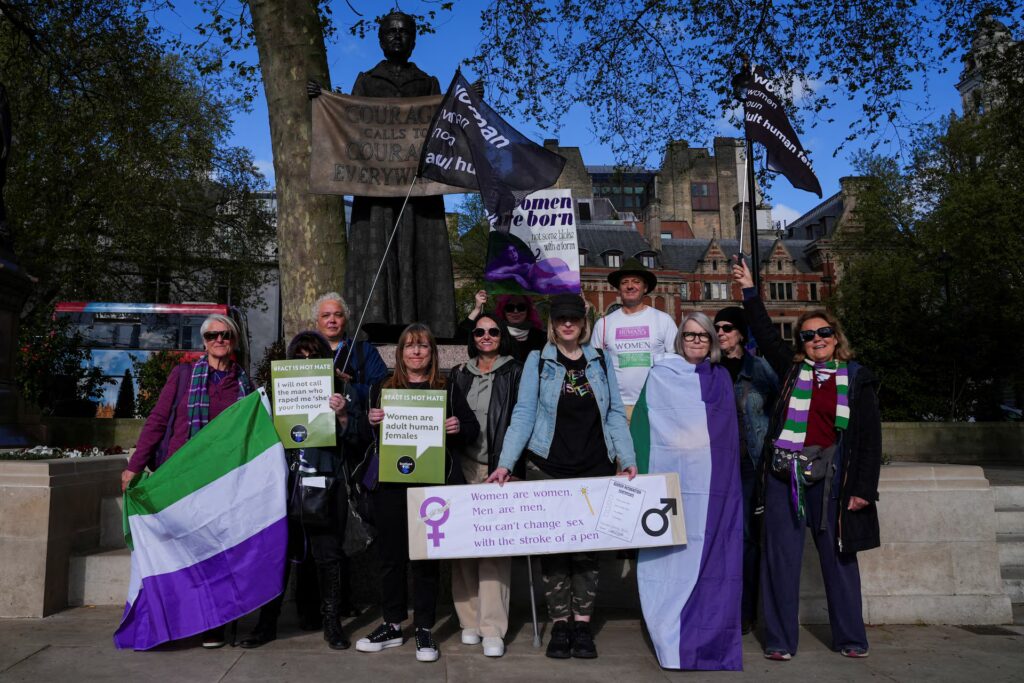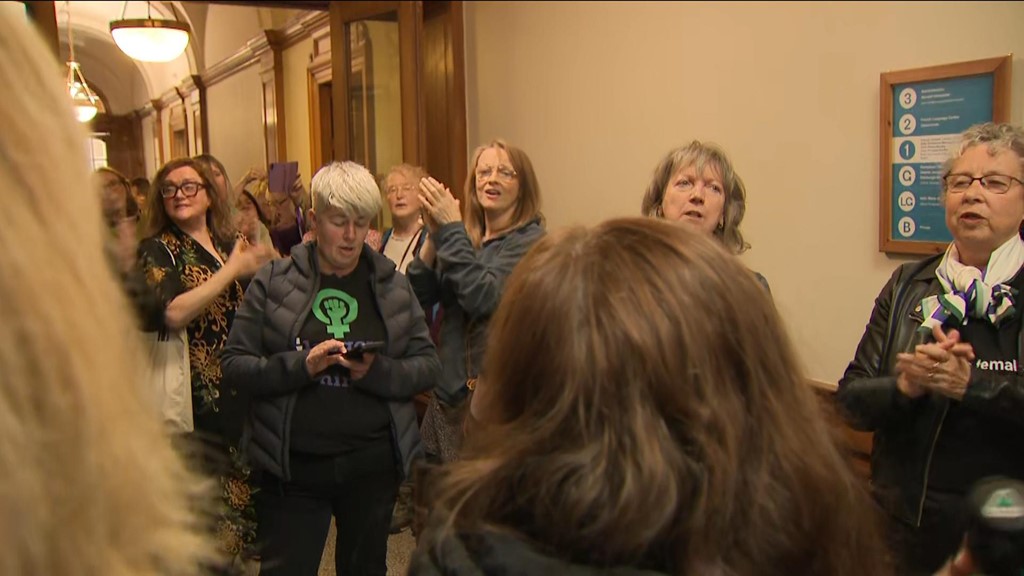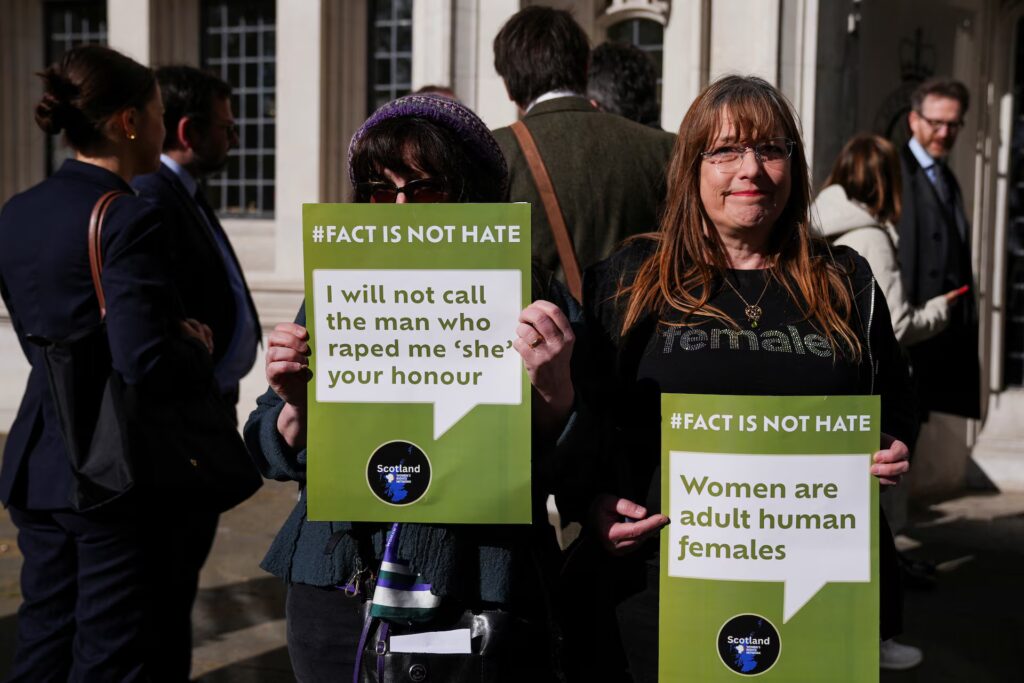In a landmark decision, the UK Supreme Court has ruled that the terms “woman” and “sex” in the Equality Act 2010 refer specifically to biological sex, not gender identity. The judgment concludes a high-profile legal challenge brought by campaign group For Women Scotland (FWS), which opposed the Scottish government’s interpretation of equality law to public board representation.
The ruling clarifies that transgender women, even with a Gender Recognition Certificate (GRC), are not included in the legal definition of “woman” under the specific section of the Act concerning positive action to balance gender representation on public boards.
The Background to the Case
The dispute stems from a 2018 Scottish law designed to ensure gender balance on public sector boards. The law aimed for 50% of non-executive positions to be held by women, and Scottish ministers issued guidance stating that transgender women with a GRC counted towards this target.

FWS argued this interpretation undermined sex-based rights. They took the case to the UK’s highest civil court, challenging the inclusion of trans women in legal definitions of “woman” for gender balance.
Court’s Clarification on Sex and Gender
Deputy President of the Supreme Court, Lord Hodge, delivered the ruling, stating that the term “sex” in the Equality Act 2010 is to be understood in its ordinary, biological sense. The judges affirmed that the Act reflects a binary concept of sex – a person is either male or female based on biology.
The ruling explained that interpreting “sex” to include those who hold a GRC would lead to “heterogeneous groupings” and inconsistencies in the application of equality law.
Trans Women Do Not Count in Female Quotas
The judgment concluded that a trans woman with a GRC does not legally count as a “woman” for the purpose of meeting public board gender quotas. This interpretation applies specifically to the law’s aim of ensuring that at least half of the non-executive members are biologically female.
However, the justices stressed that this ruling does not prevent transgender individuals from being appointed to boards, nor does it deny their legal protections from discrimination.
Legal Protections for Trans People Remain
Importantly, the court acknowledged that trans people remain fully protected under the law. Discrimination based on gender reassignment is unlawful under the Equality Act, and this ruling does not diminish those rights.
The judgment was careful to distinguish between positive action measures and anti-discrimination protections, with the former allowing for single-sex considerations.
Reactions Across the UK
Equality and Human Rights Commission Responds
The Equality and Human Rights Commission (EHRC) welcomed the clarity provided by the ruling. Chairwoman Baroness Kishwer Falkner said it supported efforts to protect single-sex spaces and the rights of same-sex attracted people. She added that the EHRC would provide further comment after reviewing the full judgment.

Praise from Equality Act Architect
Former Labour MP Harriet Harman, who helped draft the Equality Act 2010, said the decision correctly interpreted the original intention of the legislation. She noted that women-only spaces can lawfully exclude trans women when necessary and that the ruling balanced rights fairly.
For Women Scotland Celebrates “Victory”
Director Trina Budge of For Women Scotland described the outcome as “a victory for women’s rights.” She stated that their goal was always to ensure clarity in the law, particularly around spaces and representation for biological women.
She stressed that the case did not aim to challenge trans rights, and agreed with the court’s recognition of transgender protections under law. However, she welcomed the confirmation that women-only spaces mean just that – women as defined by biological sex.
Concern from Trans Rights Advocates
The Scottish trans charity Scottish Trans urged the public not to panic in the wake of the ruling. In a statement, the organisation said many early reactions were likely to overstate the implications and promised to provide further clarification in due course.
Meanwhile, Ellie Gomersall, a trans woman and Scottish Greens activist, expressed disappointment. She said the ruling ended “20 years of understanding” that trans women with a GRC could be legally recognised as female for most legal purposes.
The Legal Definition of Sex Is Binary
The court’s 88-page ruling reaffirmed that the concept of sex is binary. Although the word “biological” does not appear in the Act, the judges said that the ordinary interpretation of the term aligns with biological sex, making additional explanation unnecessary.
The court added that recognising sex based on a GRC would create confusion and an inequality of status between trans people with and without certificates, with no logical basis for that distinction.
Implications for Single-Sex Spaces and Services
This ruling has implications beyond public boards. It may influence how single-sex services, such as women’s shelters, prisons, and changing rooms, are legally provided and protected. The EHRC noted that the judgment would help organisations that wish to maintain single-sex provisions lawfully.
A Balancing Act of Rights

Throughout the case, the court stressed the need to balance competing rights. While the Equality Act protects against gender reassignment discrimination, it also permits lawful sex-based distinctions in certain circumstances. This ruling clarifies one of those areas, specifically around representation quotas.
Although campaigners on both sides of the debate have drawn strong conclusions, the court encouraged a measured understanding of the ruling’s scope and effects.
Final Thoughts: Legal Clarity, Ongoing Debate
This Supreme Court ruling offers clear legal guidance on how sex is defined under UK equality law, especially in contexts where sex-based representation or spaces are relevant.
However, the broader societal conversation around gender identity, inclusion, and fairness will continue. While the legal definitions are now clarified in this instance, how organisations and individuals interpret and apply these rules will remain a dynamic and sensitive issue in public life.
